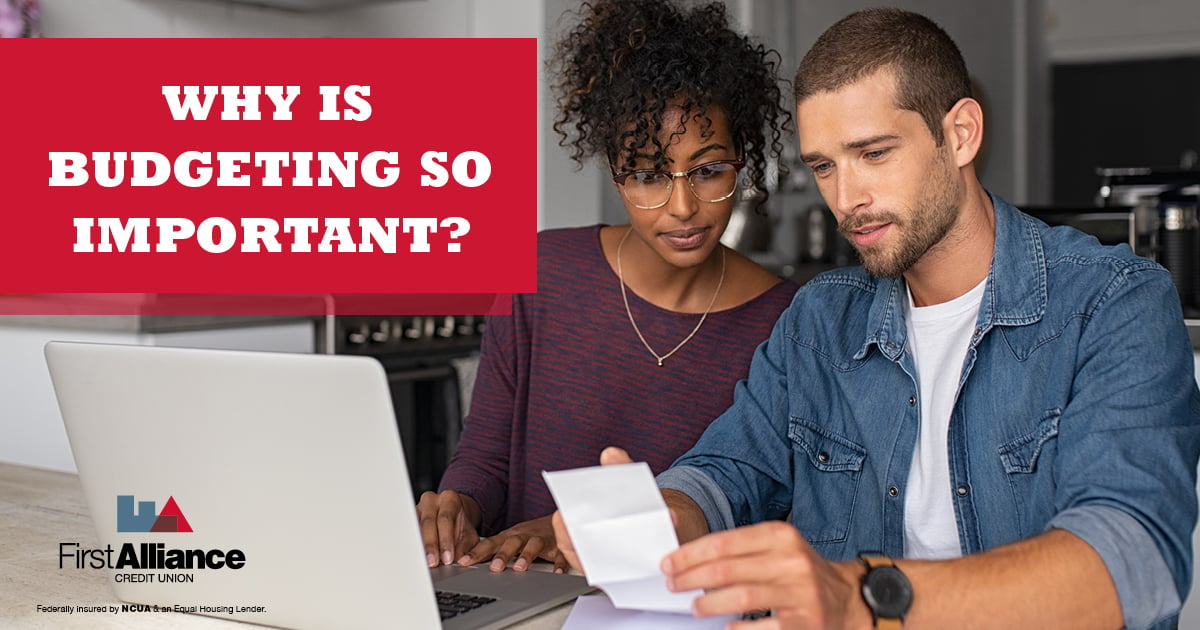Tips You Need to Know If You’re Traveling on a Budget
Traveling has a lot of benefits, whether you’re going to another state or another country. It can broaden your horizons, introduce you to different...

Once you’ve made your budget and stuck to it for a couple months, take a second to congratulate yourself. You’ve taken a huge step towards financial success, and you’re probably already seeing a lot of benefits.
You’re not done yet, however. Your expenses and income can and will shift over time, and these shifts will have a significant impact on your budget. What this means is that you’ll need to review your budget periodically and adjust it to match your current financial situation.
Before you can adjust your budget, you need to make sure it’s still relevant to your life. The best way to do that is by reviewing your budget each month.
Reviewing a budget might sound like an intensive project, but it really isn’t. All you have to do is look over your budget and make sure you haven’t overspent in any categories. If you haven’t overspent in any categories, you’re finished.
If you have overspent, though, you may need to adjust your budget.
The first step is to figure out why you overspent. Did you have to go to a sudden business lunch or have an unexpected invitation to a birthday party? Did you just need an extra cup of coffee to get through a stressful work day?

Once you’ve figured out why you overspent, try to determine whether it might happen again in the future. For instance, you probably won’t get many unexpected birthday invitations, but wanting an extra cup of coffee during a stressful work day will probably happen again, so you might want to increase your monthly coffee allowance.
If you happen to catch yourself overspending in the middle of the month, you can also avoid blowing out your budget by taking money from a budget category in which you haven’t spent much. If you haven’t spent a lot of money from your clothing budget, maybe you can take $20 from it to cover that sudden business lunch that came up and shore up your budget for eating out. As an added bonus, you’ll know where you overspent, so you’ll have a head start on your monthly budget review.
Sometimes, however, you shouldn’t wait until the end of the month to review and adjust your budget. This is usually if something financially significant happens, such as getting laid off, getting a bonus or having to visit the hospital.
If you find that you’ll be bringing in less income, it’s time to match your existing budget against your reduced level of income and start making cuts. You might have to find creative ways to cut costs or get rid of some luxury items entirely.
If you have a sudden large expense, though, like paying for home repairs or visiting the hospital, you may have to dip into your emergency savings account or cover your expenses with a credit card. You’ll also want to look into what temporary cuts you can make to your budget to help pay down the expense. Depending on what course you take, you’ll want to restructure your budget toward paying off the expense or rebuilding your savings account.

Life events don’t always have to be bad, though. If you get a raise, you’ll want to revisit your budget as soon as it appears in your paycheck to figure out where you can put the extra money. You should also do this if you get a bonus or any other kind of windfall, like an inheritance.
Where should you put extra money in your budget? Padding out your savings and investment accounts are always good choices, but if you have debts you should use the extra money to pay them off first. You may also want to look at your financial goals and see if the extra money will help you achieve them.
Budgets shouldn’t be set in stone. By reviewing and adjusting your budget, you can be sure that you’re in control of your finances.
You can get a head start on creating and reviewing your budget when you become a member of First Alliance Credit Union today. You can read more about creating your own budget in our How to Create a Budget guide and even use the My Money feature of our online banking platform to monitor your spending and keep track of where each dollar goes. Plus, you'll start budgeting better by downloading our free budgeting calculator today.

Traveling has a lot of benefits, whether you’re going to another state or another country. It can broaden your horizons, introduce you to different...
Sticking to your budget can be difficult for anybody. Most of us start the month off with the best intentions of saving money, however, at the end of...

Ask any financial expert what you have to do to control personal finances, and they’ll tell you the first step is creating a budget. For that matter,...